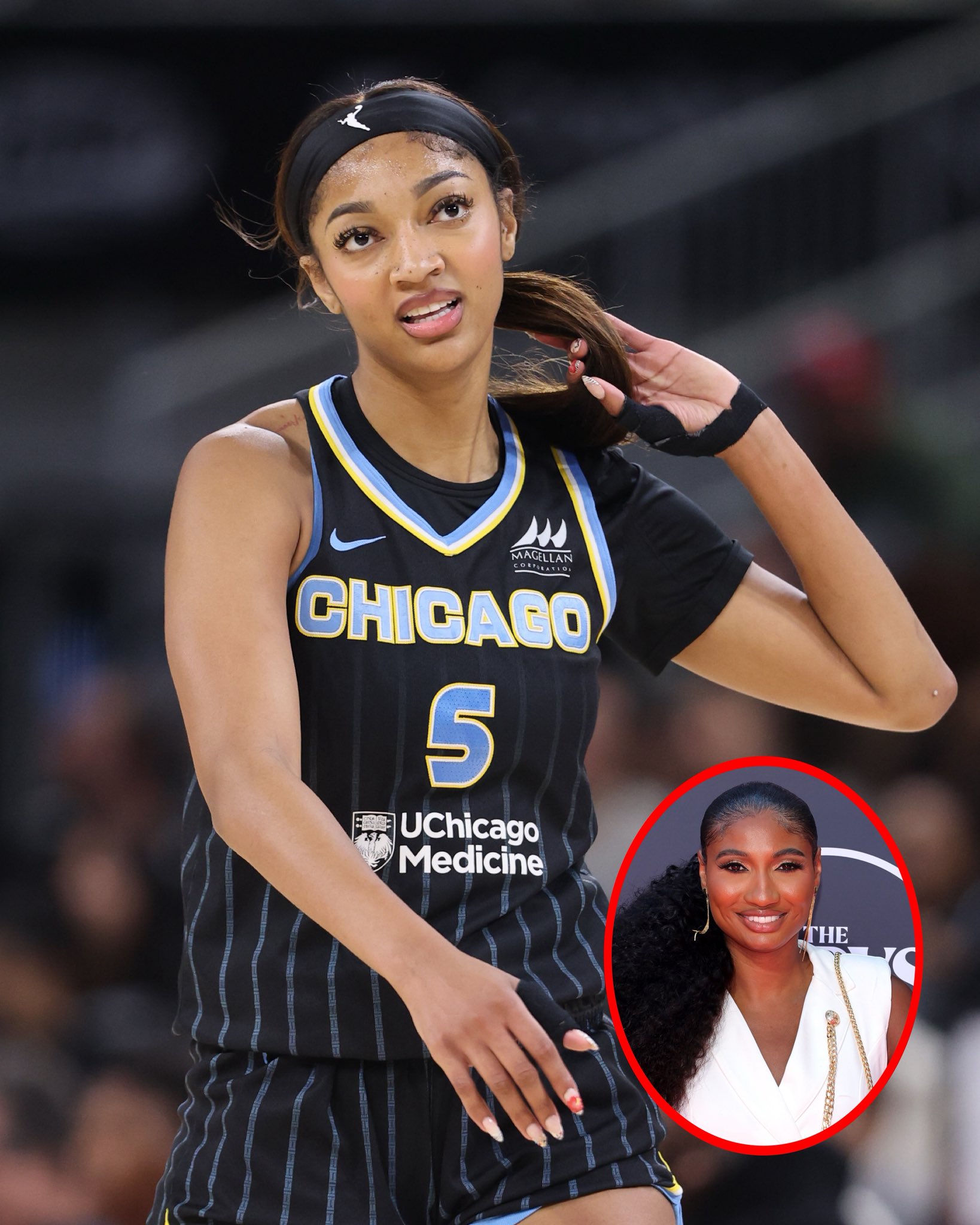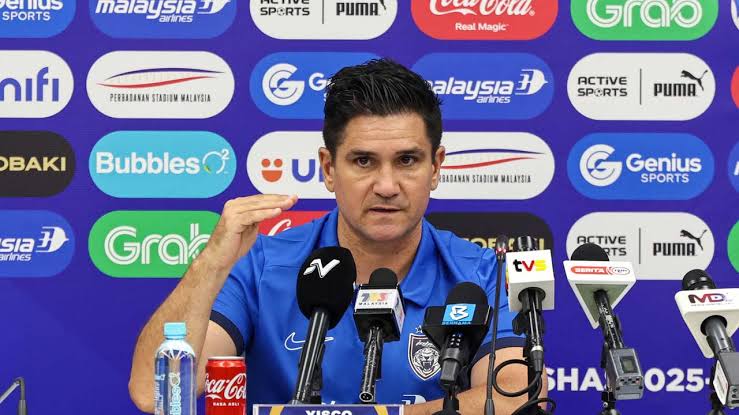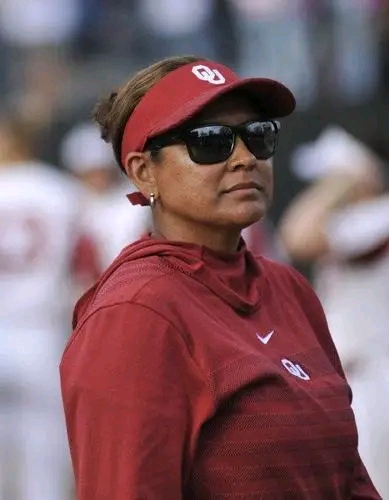
The discussion around Angel Reese and her role within her team has taken an unexpected turn after a former WNBA player suggested that the young star consider giving her teammates $100,000 each as a gesture of goodwill. The comment, which quickly gained attention, was framed as a way for Reese to show her commitment to team chemistry and to get back into the good graces of those around her. While the suggestion was partly tongue-in-cheek, it has sparked larger conversations about leadership, money, and relationships in professional sports.
Reese, one of the most marketable players in women’s basketball today, has built a brand that extends beyond the court. With major endorsement deals and a massive social media following, she has quickly become one of the faces of the sport. That financial success, however, has created a unique dynamic in the locker room. Younger athletes with lucrative NIL backgrounds or sponsorship portfolios often enter professional environments with more wealth and visibility than some of their veteran teammates, which can sometimes lead to tension. The suggestion that she should use her money to smooth over any rough patches highlights just how much those dynamics have shifted in recent years.
From a broader perspective, the idea raises questions about what it truly means to lead a team. While money can be a powerful symbol, true leadership typically comes from actions on and off the court—how a player practices, how they support teammates, and how they handle adversity. The notion that Reese should pay her teammates underscores the perception that her success and visibility may be creating friction, but it also risks trivializing the deeper work needed to build trust in a competitive environment. Professional athletes don’t just want financial gestures; they want to know their teammates are fully invested in winning and in the collective mission.
Still, there is no denying that Reese is in a unique position. She has quickly become a household name, and with that visibility comes heightened scrutiny. Every move, from her body language on the court to her comments in the media, is magnified. Teammates in these situations may feel overshadowed or undervalued, especially if one player commands outsized attention. In such cases, repairing relationships often takes intentional effort—team dinners, private conversations, and shared accountability on the floor can all go a long way in bridging gaps.
The former WNBA player’s comments, whether serious or not, also highlight a generational shift. In the past, rookies and young stars had to earn their way into leadership roles primarily through performance. Today, thanks to NIL and early branding, many players enter the league already positioned as stars. This creates new dynamics that both coaches and veterans are learning to navigate. The challenge for someone like Reese is balancing her personal brand with her responsibility to her teammates, ensuring that individual success does not come at the expense of group cohesion.
In the end, it seems unlikely that writing six-figure checks to teammates will be the solution to any locker room tension. More realistically, Reese’s focus will need to be on continuing to grow as a professional, learning the rhythms of the league, and finding ways to connect with teammates beyond the spotlight. If she can channel her energy and influence into fostering unity rather than division, she has the potential to not only be a star on the court but also the kind of leader that teammates rally behind. The conversation sparked by the comment is less about money and more about the unique challenges of navigating stardom in the modern era of women’s sports.






